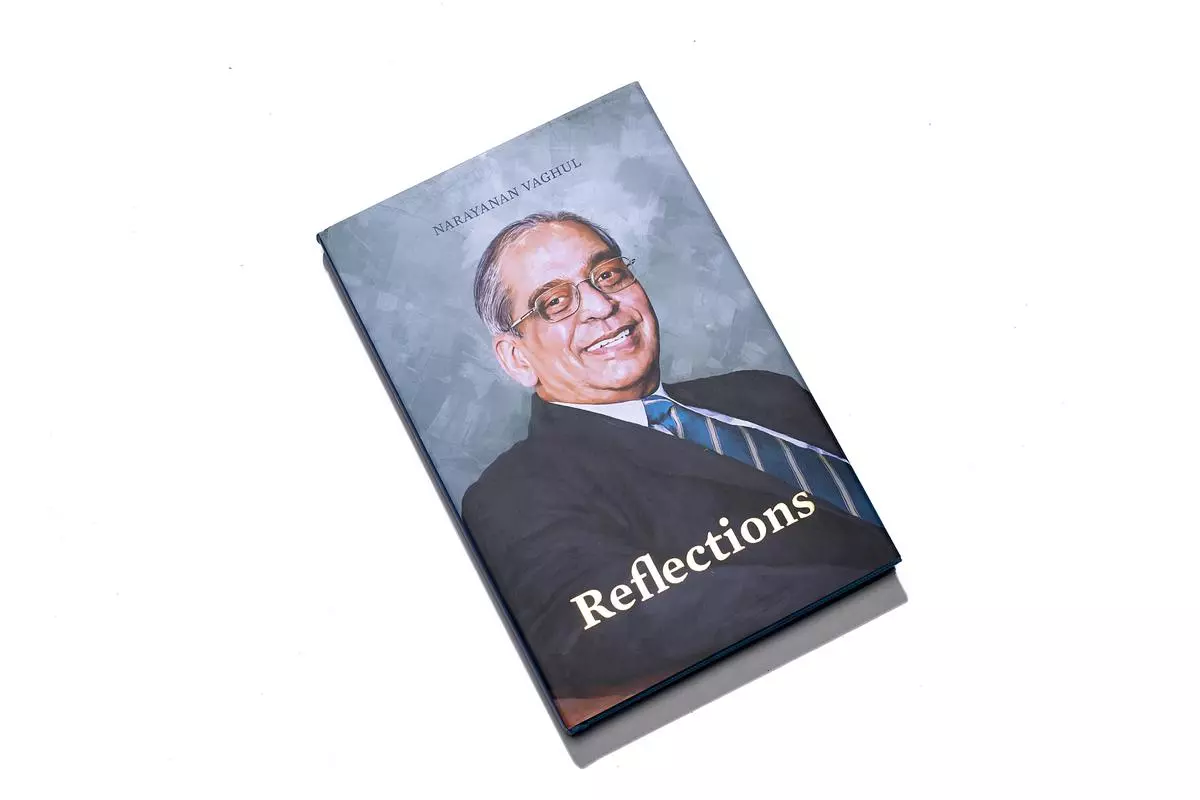Mr Vaghul Describes His Views On Large Corporations Given Banking Licenses.
Mr Vaghul stated that the state should be removed from banking, recalling that Prime Minister Modi noted in 2014 that the state has no business participating in any industry.

According to experienced banker N Vaghul, large corporates would never be allowed to start a bank in India. He says India has learned from its pre-bank nationalisation experience and would never repeat the same mistakes by allowing giant firms to enter the banking sector. A wave of corporates had applied unsuccessfully for a banking licence in the last round of licencing before it was put on tap.

A two-year-ago RBI discussion paper argued for permitting major firms to access money to fuel economic development. However, this conversation drew much criticism from many, including previous RBI officials, and was never completed.
Mr Vaghul said that the public, eager to participate in adequately operated lenders, will provide the cash required for economic progress.
“Industrial houses cannot be banking,” Mr Vaghul says, recalling previous encounters and how state control of banks became popular. Then, even in professional banking circles, there was chatter that things were not going well in banks owned by industrial conglomerates. He does not believe that will happen again in this country. “It will be all professional banking,” Mr Vaghul said last weekend at the presentation of his memoir, “Reflections.” Banking will be digital in the next decade, with the possibility of traditional banks being unbundled, and it will be entirely Fintech-focused, where loans will be granted online, with very few customer contacts.

Mr Vaghul stated that the state should be removed from banking, recalling that Prime Minister Modi noted in 2014 that the state has no business participating in any industry. The 87-year-old, who previously led ICICI, did respond when asked about the pledge not being fulfilled despite Modi’s being at the helm for over a year. Modi does not want the government to be involved in the company. That must now be translated into reality. Mr Vaghul also anticipated that the government would follow through on its declared intention of privatising state-run banks, announced in a budget two years ago.
Privatisation may help professionalise boards and achieve better CEO picks, he added, noting that this boosts banks’ reputation, and once that is established, borrowing funding from the public becomes simpler. Going the future, the role of private sector banks in the financial sector will develop so quickly that the weight of public sector banks will naturally decline. He believes that all banks, even regional rural banks, must adopt technology much more rapidly.
The future will be very different. The rate at which everything is evolving in banking in 10 years will be fully digital,” he added, adding that traditional institutions may potentially be unbundled during this time. Consolidation was formerly seen to be the solution for banking problems, according to Mr Vaghul, who added that consolidation is no longer an option.
Many countries, including India, have prohibited business houses from owning banks. The purported rationale for the bank nationalisations in 1969 and 1980 was to stop corporate organisations from abusing the banking system. Since the 1991 economic reforms, the Indian central bank has granted new bank licences in two rounds, but has never opened the sector to business groups.

Conclusion.
The opposition to corporate ownership of banks stems from the concept of efficient financial intermediation itself. A bank is a type of financial intermediary that borrows money from depositors and lends it to borrowers. Households are a key source of deposits in India, whereas corporations are big borrowers. A bank, ideally, should be a neutral middleman with no other stake in the game than intermediation. In other words, it should neither own nor be owned by a commercial organisation. Otherwise, it has strong incentives to abandon its neutral role as an intermediary. The new Indian banking regulations call into question this fundamental assumption.
Edited By, Naveenika Chauhan




